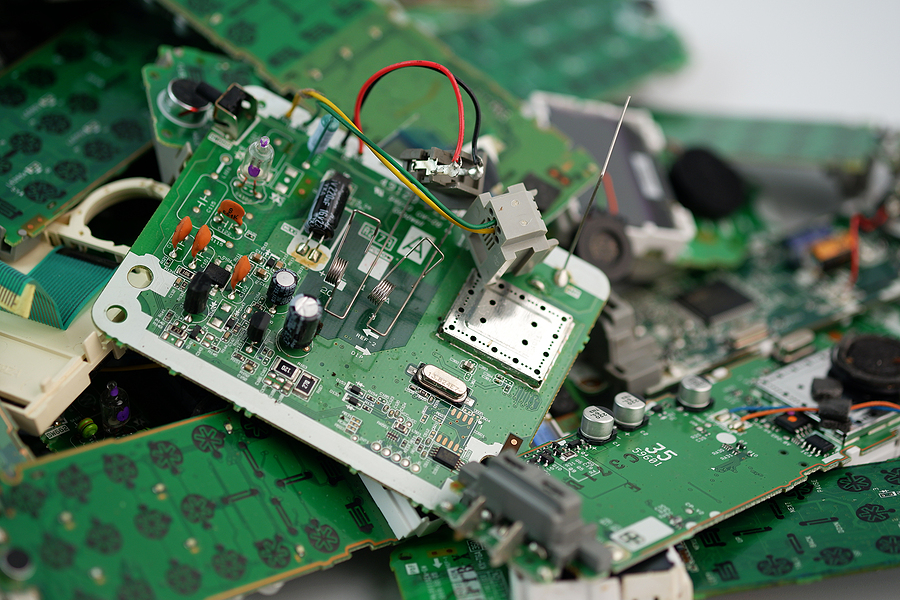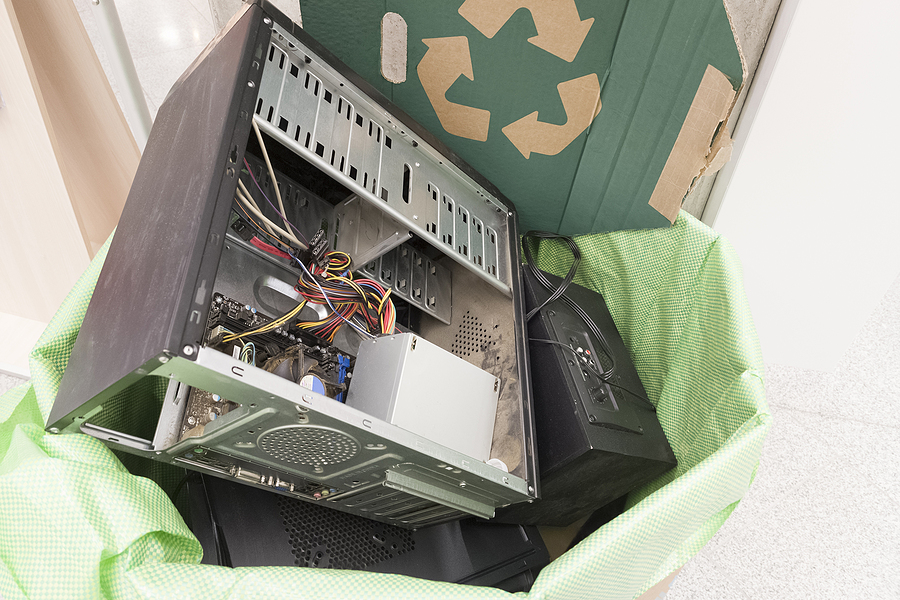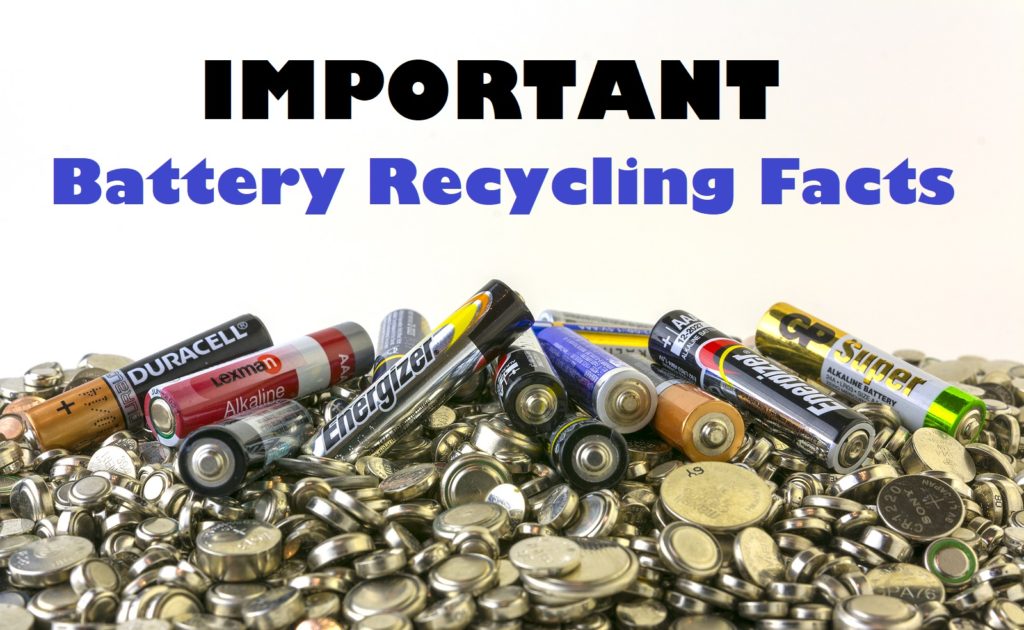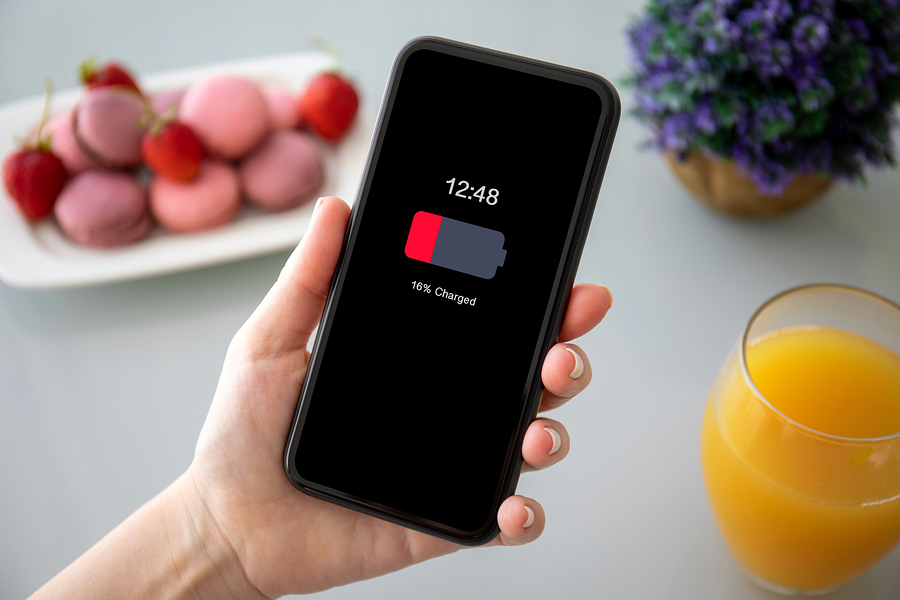In a world centered around technology, our constant upgrade cycles result in an alarming accumulation of electronic waste, or e-waste. With gold, silver, and copper now predominantly found in our gadgets rather than in Earth’s ground, this e-waste surge is not only a loss of precious metals but also a stunning shift in environmental responsibility. To keep our planet robust and our technology cycles sustainable, the responsibility falls on us to manage e-waste in ways that protect both the community and the environment.
If your old iPhone is currently languishing in a drawer, or your once-top-of-the-line laptop is taking up space in the closet, it’s time to learn how you can give these devices a new life through recycling.
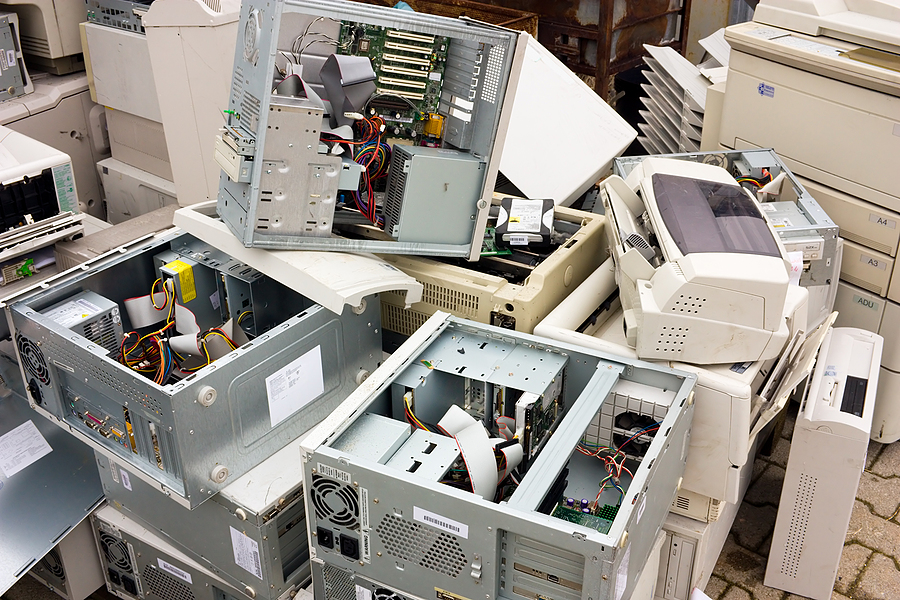
Importance of Recycling Electronics
Electronics are more than just gadgets; they are a testament to human ingenuity. They define the age we live in and will leave indelible footprints on our history. But their lifespans are notoriously short, particularly due to the relentless pace at which new technologies are introduced. The environmental footprint left by the disposal of these electronics is a crisis that needs attention.
Recycling electronics serves as a direct, impactful action towards a sustainable planet. It is an acknowledgment of the finite resources we extract from the earth and a commitment to the circular economy, which aims to minimize waste and make the most of our resources.
Benefits of Recycling Electronics
The decision to recycle your electronics is multi-fold and reaps extensive benefits not only for you but for the planet as a whole.
Reduced Landfill Waste
By recycling, you are diverting old electronics from landfills, which apart from being an eyesore, are also a source of toxic leachate and methane emissions. Electronic devices can contain hazardous materials such as lead, mercury, cadmium, and brominated flame-retardants. These materials, when left unaddressed in a landfill, can permeate the earth and water tables, presenting a danger to the environment and human health.
Conservation of Valuable Resources
Used electronics are a rich source of valuable, scarce materials. When you recycle, you’re not just disposing of a problem; you’re also contributing to the preservation of precious elements, like rare earth metals, that are essential in future electronic and industrial applications.
Contribution to a Circular Economy
The concept of a circular economy is founded upon the principle of reduce, reuse, and recycle. When you recycle your electronics, you are actively participating in this cycle, reducing the need for raw materials, and benefiting the economy and the environment.
How to Recycle Electronics
Recycling electronics may seem like a hassle, but it’s well worth the effort. Here’s a step-by-step guide to responsibly recycling your electronic devices.
Find a Local E-Waste Recycler
The first and most crucial step is to find a certified e-waste recycling facility. These centers specialize in the safe disposal and recycling of electronic waste. Your city’s waste management department or environmental agency may be able to provide a list of reliable e-waste recyclers.
Prepare Your Devices
Take the time to delete all personal data from your devices and perform a factory reset. Not only is this a security best practice, but it also makes your device ready for its next life as a refurbished product or a source of spare parts.
Contact the Recycling Center
Call the center to inquire about their drop-off procedures and any preparatory steps you need to take. Some facilities may require that you register your device online before dropping it off.
Drop Off Your Device
Once you have all the necessary details, head to the recycling center and drop off your device. Knowing that you’ve responsibly disposed of your electronics is a reward in itself, but many centers also provide a certificate of destruction, which can be helpful for businesses and organizations.
Consider Trade-In or Donation
If your electronics are still in working condition, consider trade-in programs offered by electronics retailers or donate them to local schools or nonprofits. This not only supports recycling but also extends the life of your device, minimizing the need for new production.
Conclusion
Making the choice to recycle your electronics is a direct reflection of your commitment to the environment and to future generations. It’s a simple action that carries substantial weight in the global effort to reduce e-waste and promote sustainability.
By following the steps outlined in this guide, you can ensure that your old devices are repurposed or recycled responsibly. It’s a small step for you, but a giant leap towards a cleaner, greener world. Start your green journey today, and inspire others to do the same. Together, we can turn the tide on e-waste and preserve the planet for innovative and sustainable technology to come.
Remember, every circuit board, battery, and fiber optic cable that you recycle contributes to the broader effort of environmental conservation and sustainable living. It is action and awareness combined that will move us forward, one recycled gadget at a time.
Are you looking for the best way to get rid of old or broken electronics in your neighborhood? Just contact Zore’s Recycling at 317-244-0700 for professional and hassle-free e-waste recycling services in Indianapolis, Indiana. We pay cash on the spot for all electronics, as well as scrap metal.
Related Posts:
6 Benefits of Recycling Your Electronic Waste
Protect Our Eco-System By Recycling Old Cell Phones and Other Electronic Devices
How to Ensure Protection When Throwing Away Old Hard Drives

